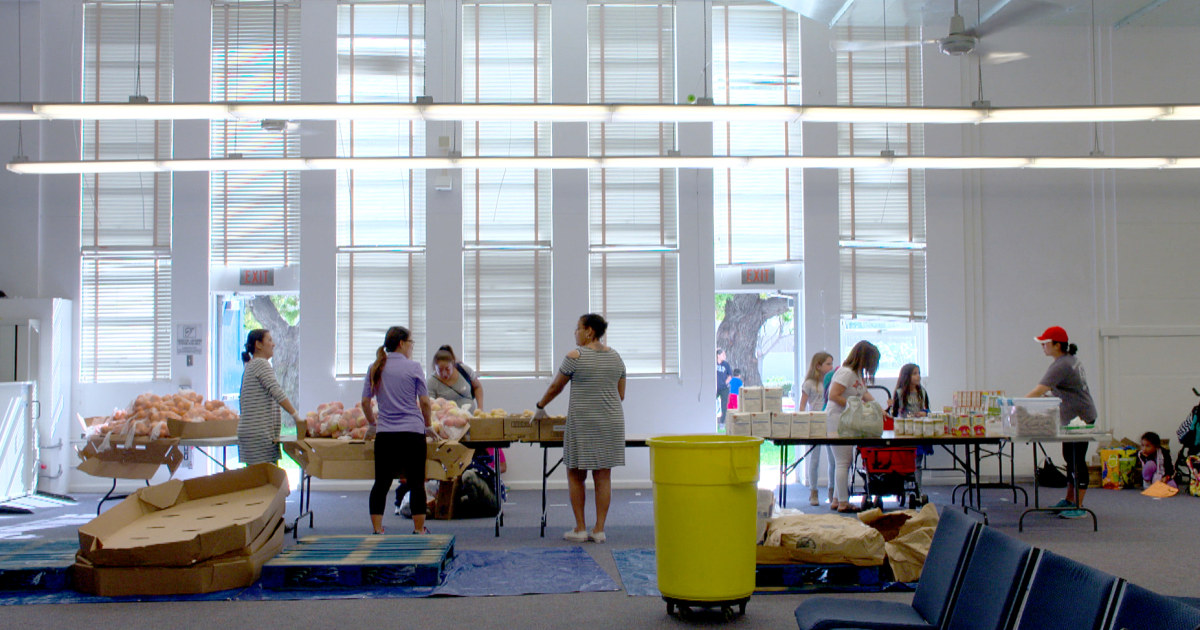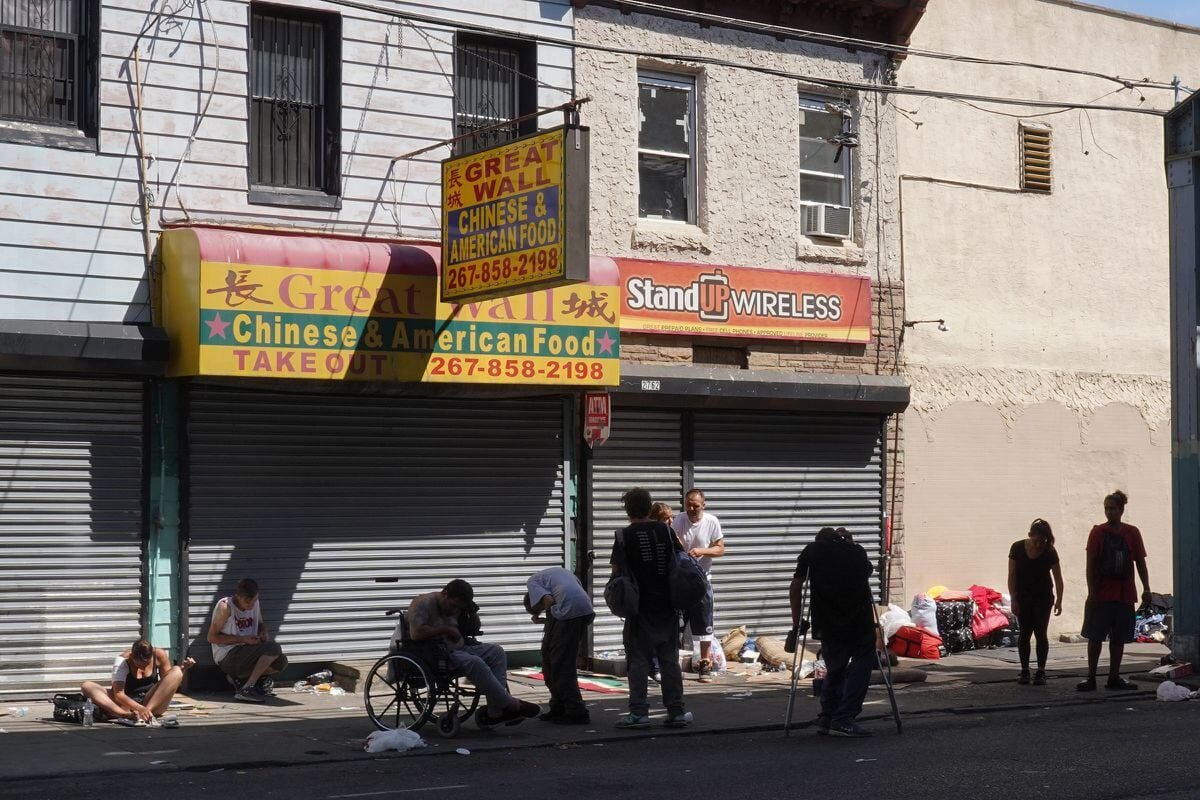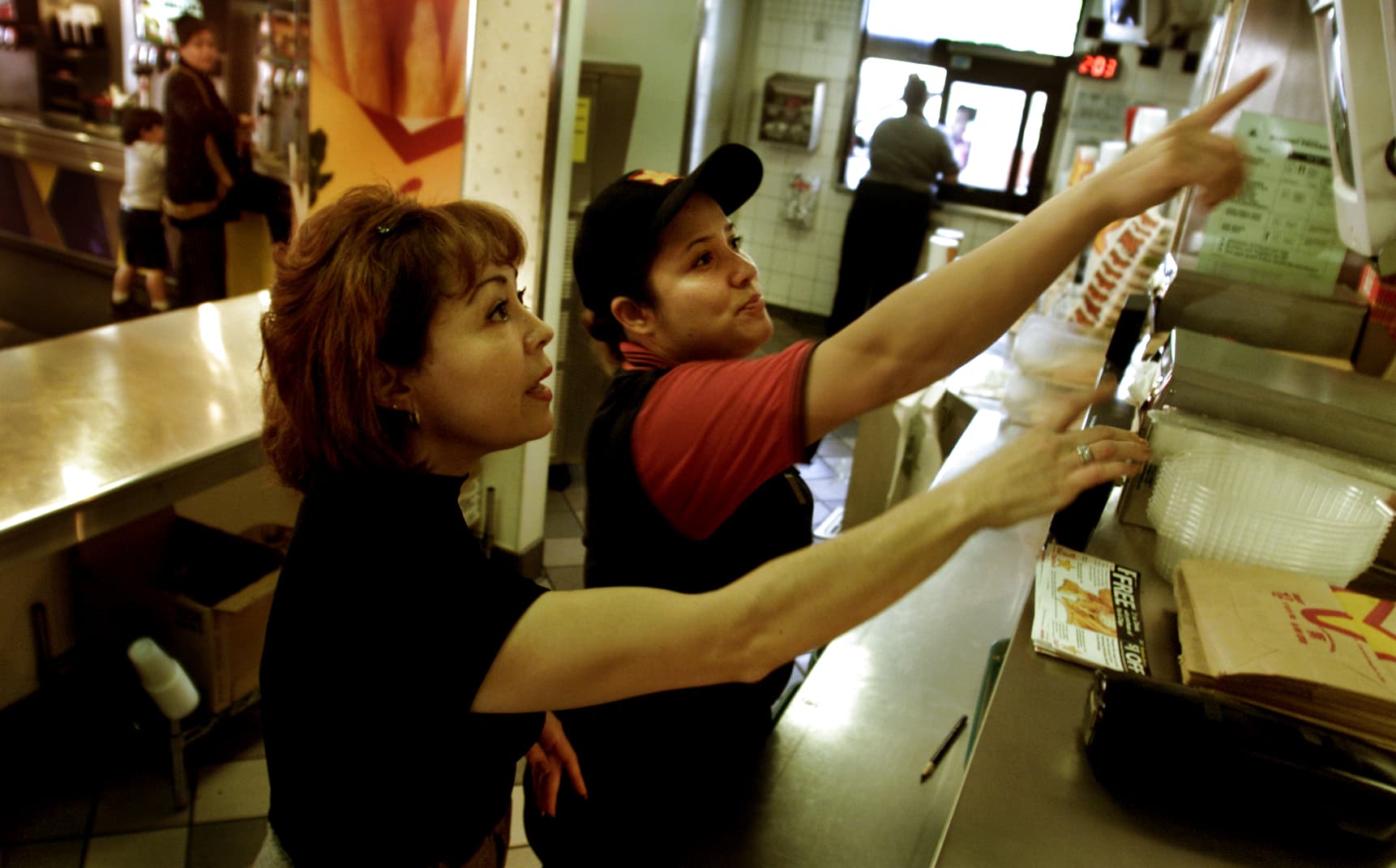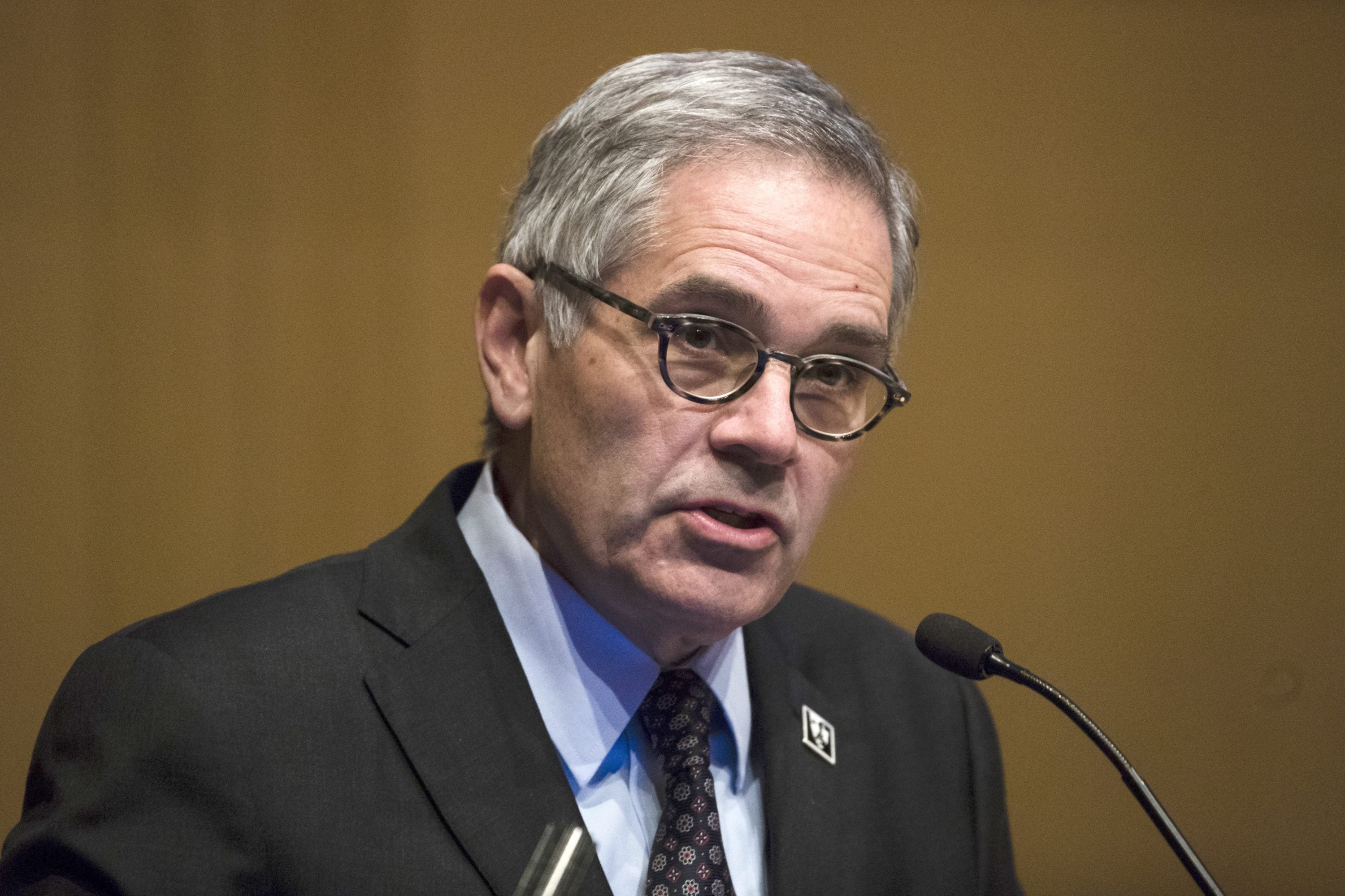The policy faces another court test, this time in New Hampshire, where officials delayed it amid public confusion and website glitches.
Indiana has become the latest state to implement work requirements for low-income residents who receive their health insurance through Medicaid _ a change opponents warn will cost some poor Hoosiers their health coverage.
While poverty rates for children have declined in recent years, the same can’t be said for the elderly in Wisconsin, according to a recent report.
The policy was intended to discourage government dependence. It didn’t seem to work.
With drug use surging in the past decade and a half, many parents are losing custody of their kids. But is foster care the best solution?
The study found that 47 per cent of First Nations children on and off reserve live in poverty
At Dewey Elementary in San Diego, where most kids have military parents, the line forms early at the food pantry for free produce, snacks and staples like bread.
This week, 11,000 Pennsylvanians have been receiving letters telling them that their $205 monthly General Assistance checks will stop.
It’s been 10 years since Congress raised the federal minimum wage and during that time, workers making the minimum have struggled to keep pace with rising cost of living. On Thursday, the House is set to vote on the Raise the Wage Act, a bill that aims to gradually raise the federal minimum wage to $15 by 2025.
Johnny Gibbs has been trying to get a valid driver’s license for 20 years, but he just can’t afford it.
Krasner’s office said it was waiving fines and fees in an effort to help low-income defendants afford things like transportation and other costs associated with employment.










